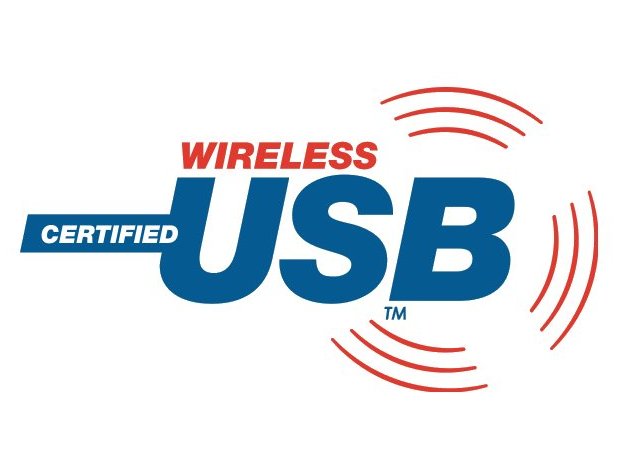Ofcom gives go ahead for Wireless USB
Restrictions removed on Ultra-Wideband use

Ofcom has changed its regulations to ensure that short-range wireless tech can be used in more consumer devices. The main use for Ultra-Wideband (UWB) technology is set to be certified Wireless USB, enabling peripherals to connect to your PC without cables.
UWB enables the transfer of relatively large amounts of data (up to 2 Gbps) over short distances. This is cited as 30 metres, though for many uses it will need to be a lot less than that.
The move will open the floodgates for Certified Wireless USB devices to be sold in the UK. Belkin already has a hub in the US, while camera and printer manufacturers are keen to add wireless connectivity to their devices.
Ofcom is to introduce the Wireless Telegraphy (Ultra-Wideband Equipment) (Exemption) Regulations 2007 on 13 August. The regulations basically mean that the devices can be made and used without a licence, just as they currently are in the USA and Japan.
Uses less power than Wi-Fi
Interestingly, Ofcom says the tech is a lot less power-hungry than other wireless connectivity methods, such as Wi-Fi. "Research has shown that devices that transfer data using UWB equipment use low power technologies which can enhance battery life."
"Radio spectrum is an essential raw material in the development of converged communications services," said Ofcom's chief executive, Ed Richards. "Where possible, we want to remove restrictions on the use of spectrum to allow the market to develop new and innovative services - such as UWB - for the benefit of consumers."
See also: Ultra-Wideband will change your digital home
Sign up for breaking news, reviews, opinion, top tech deals, and more.
Dan (Twitter, Google+) is TechRadar's Former Deputy Editor and is now in charge at our sister site T3.com. Covering all things computing, internet and mobile he's a seasoned regular at major tech shows such as CES, IFA and Mobile World Congress. Dan has also been a tech expert for many outlets including BBC Radio 4, 5Live and the World Service, The Sun and ITV News.